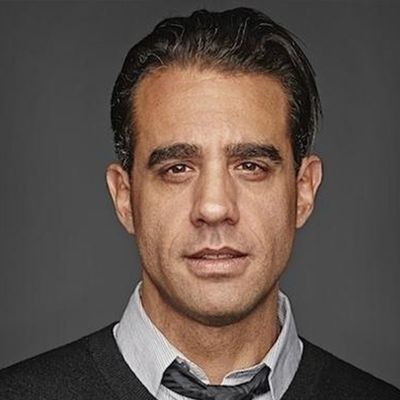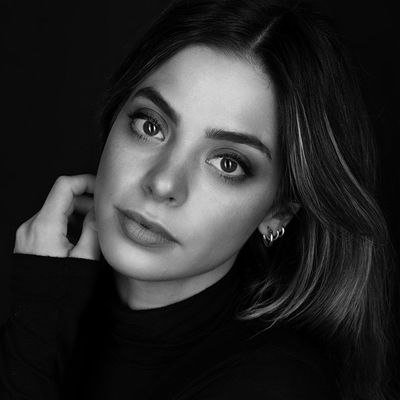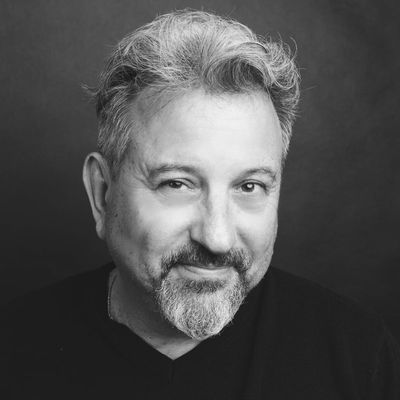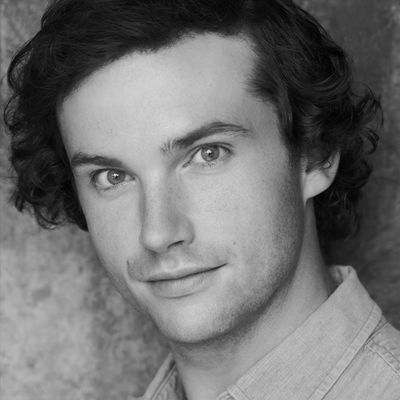Chicago, recently: In defiance of his grim diagnosis, a beloved wine shop owner throws an epic party, opening his rarest bottles for his favorite customers. But none of them are fully prepared for the complexity, body, and depth of what is about to pour forth.
Cast (in speaking order):
BOBBY CANNAVALE as The Narrator
TIA DeSHAZOR as Heather
JOE MANTEGNA as Barry
JEFF STILL as Mitch
ANDERSON COOPER as Raymond
ANDY COHEN as Ned
GIA MANTEGNA as Tara
TYLER HANSEN as Matthew
PATTI LuPONE as Myra
with SAM TSOUTSOUVAS, the voice of RPR










